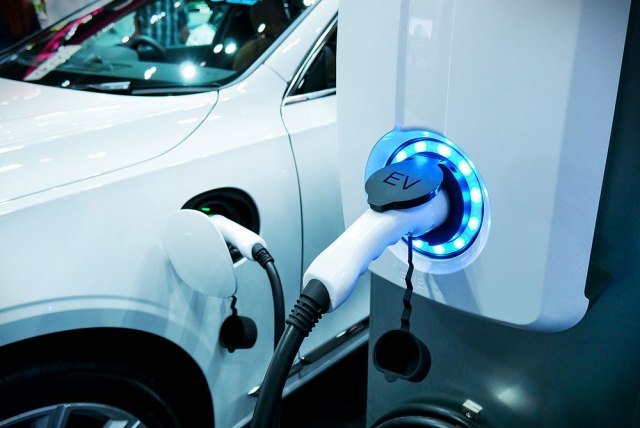Because of electric vehicles, they lose 11 billion euros per year

Tax systems are a complicated tool that must be carefully implemented, and the growth of electric vehicles brings this into focus. The UK government is the latest government to be forced to weigh the benefits of lower pollution electric vehicles against the risk of regressive taxation, writes Autoblog.
As with other jurisdictions around the world, the UK is primarily concerned about the lost revenue that electric vehicles will represent in the form of avoided fuel taxes. The state currently collects around £32bn (€37bn) at the pumps.
As electric cars grow in popularity, they will not contribute to that fund, and by the end of the decade, the United Kingdom is expected to lose almost a third of that, or 10 billion pounds (11.6 billion euros) a year, reports Jutarnji.hr.
“Unless we modernize road taxation to reflect the cars on our streets today and in the future, we risk more even pressure on public finances and our roads,” said Jonny Marshall, senior economist at the Resolution Foundation.
“Our tax system must keep pace with the transition to electric vehicles in a way that protects low- and middle-income households.” The fund has proposed a “road tax”, which collects money with every kilometer driven in an EV. This system has been proposed by other governments, such as Washington State. Others, like Texas, have introduced an annual fee that owners must pay when they renew their vehicle registrations.
A direct equivalent of a fuel tax, such as a per kilowatt fee, would not necessarily be more progressive. The UK already has a 20 per cent value added tax on public charging stations, but the Resolution Foundation points out that this is aimed at lower-income EV drivers.
Wealthier drivers can afford to own a garage and charge at home, where the tax is only five percent. Although there are fears that additional taxes could slow the adoption of EVs, the Resolution Foundation points out that in the UK the richest 20 per cent of households finance two-thirds of new car purchases.
So not figuring out how to better raise taxes on electric vehicles could actually be considered a tax break for the rich.

